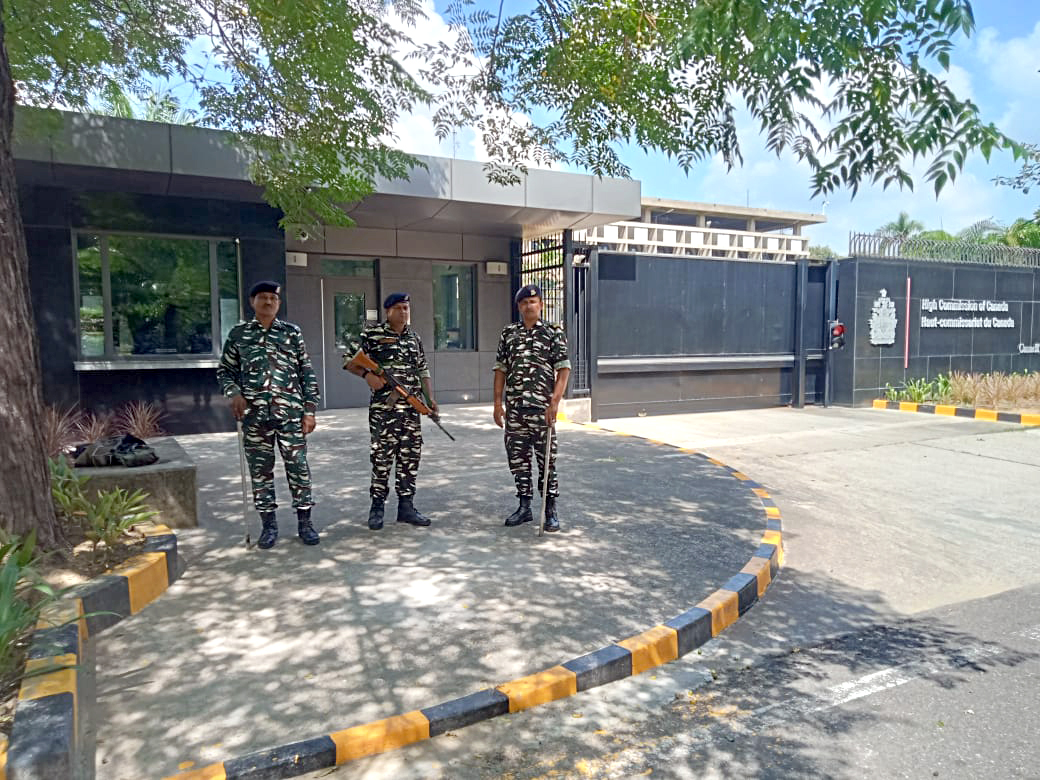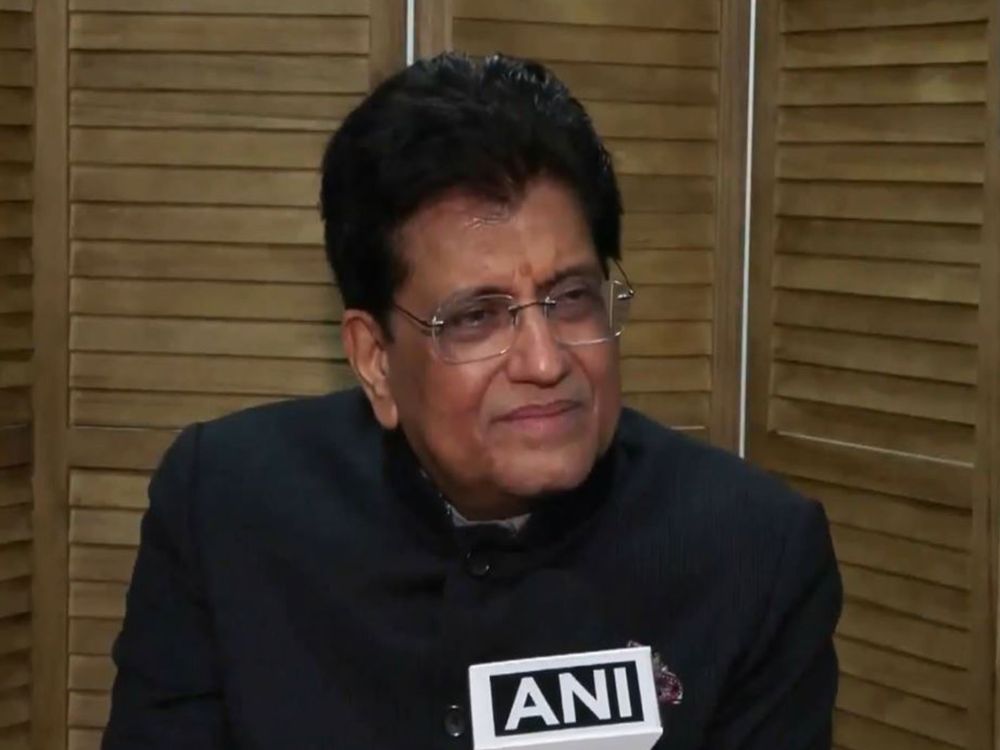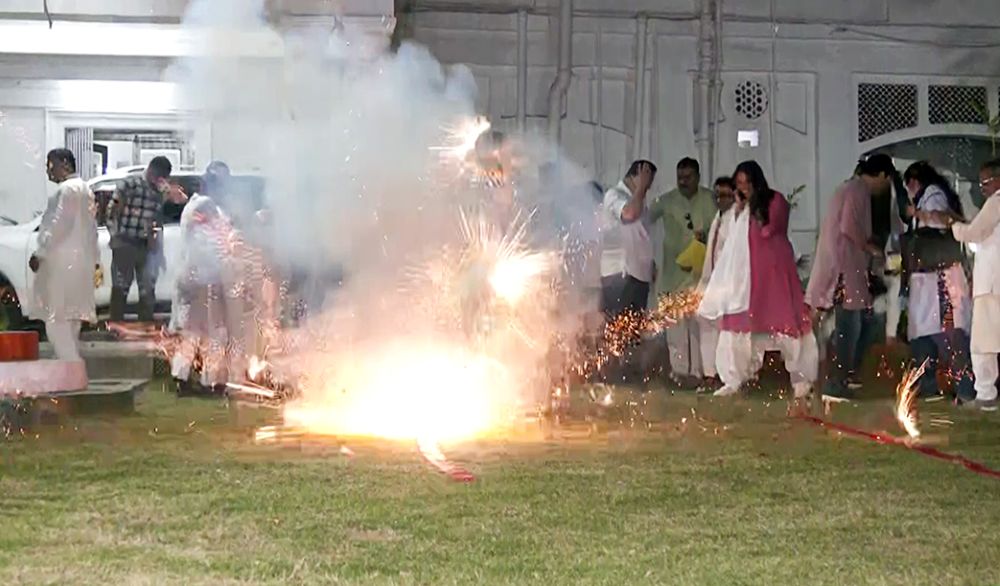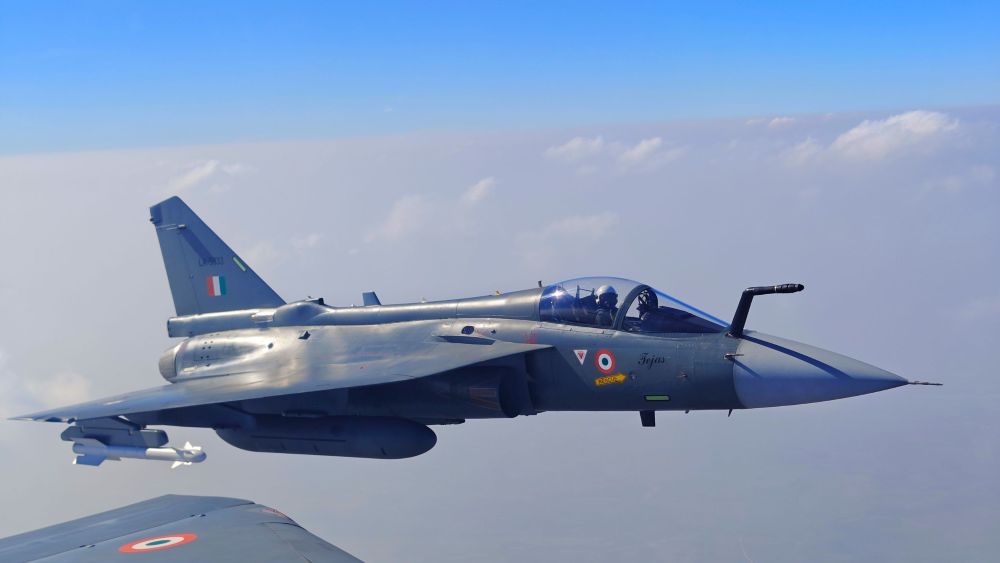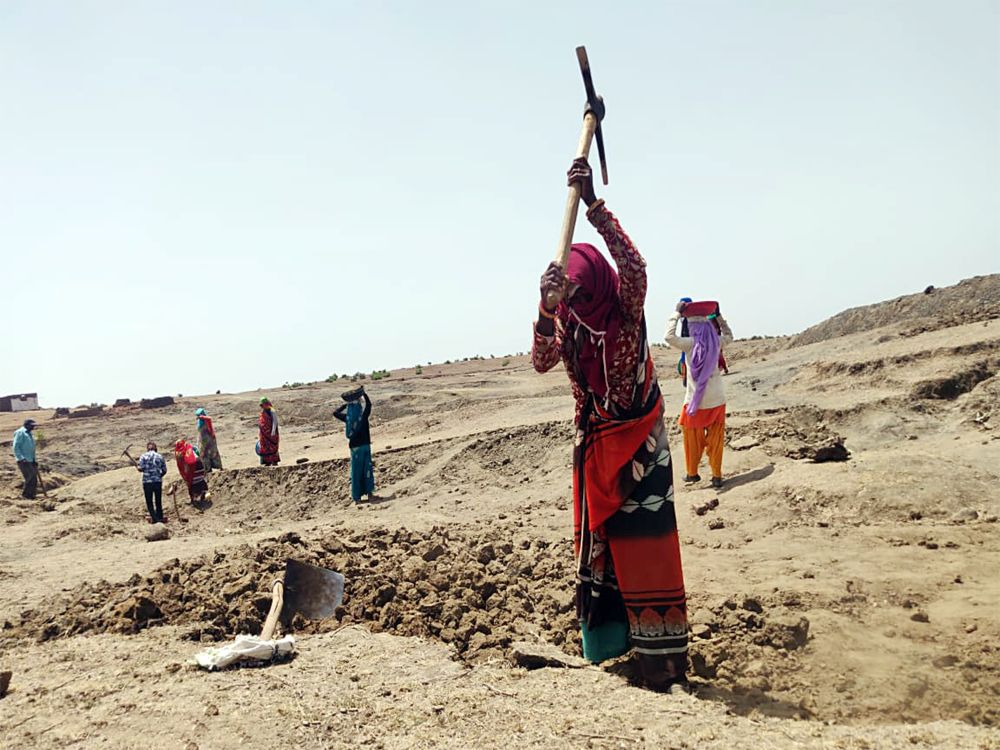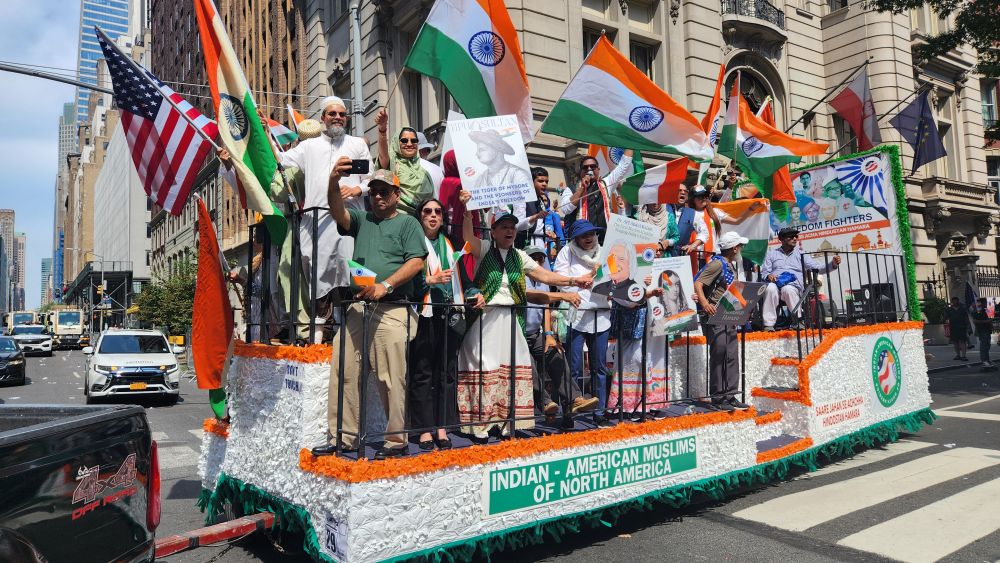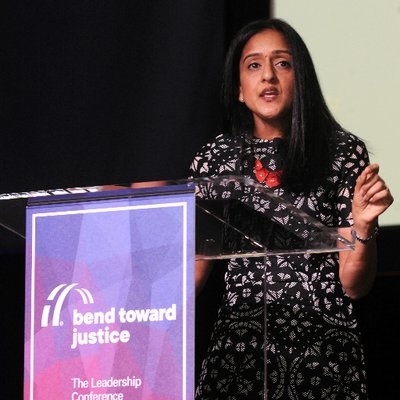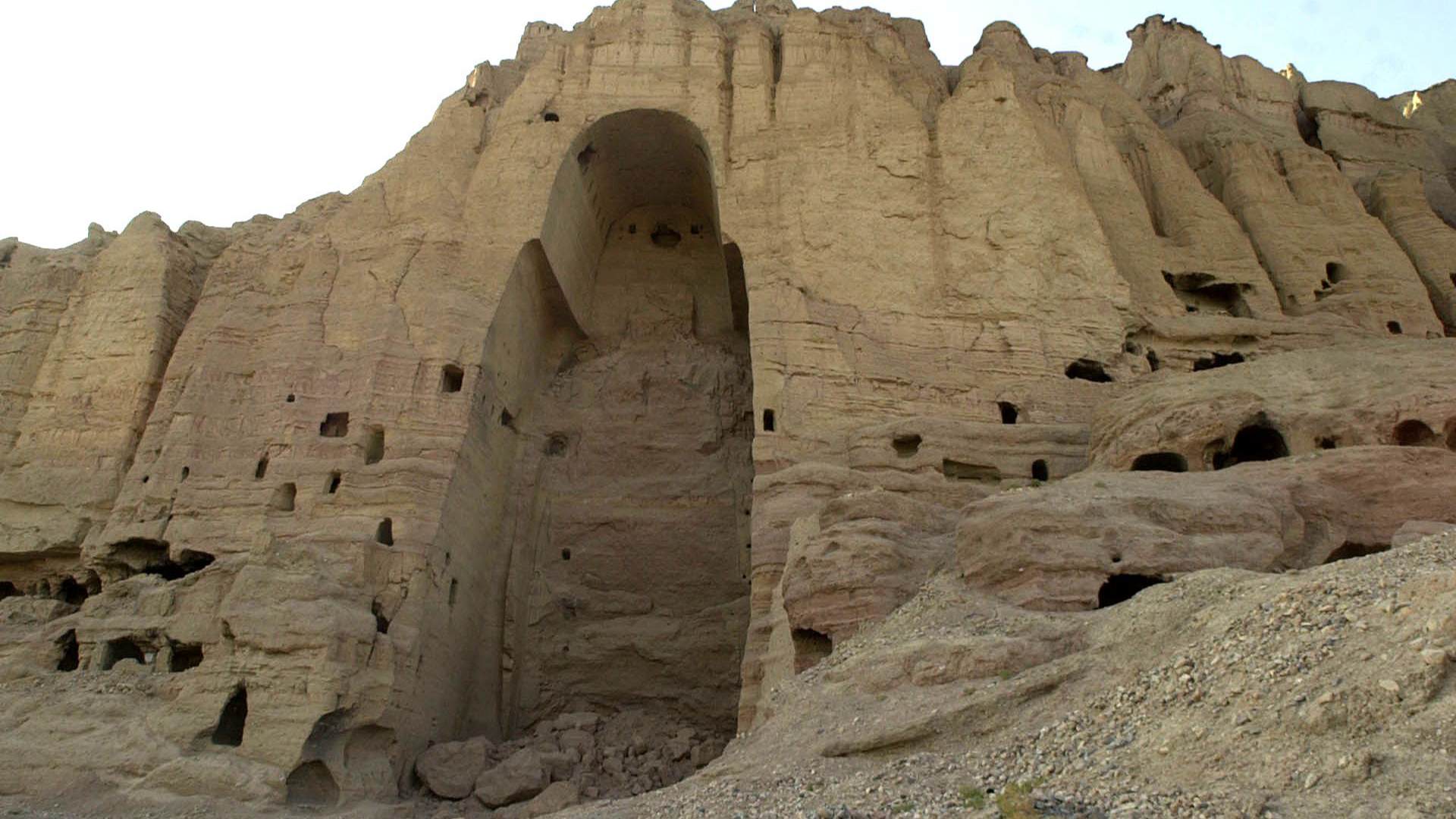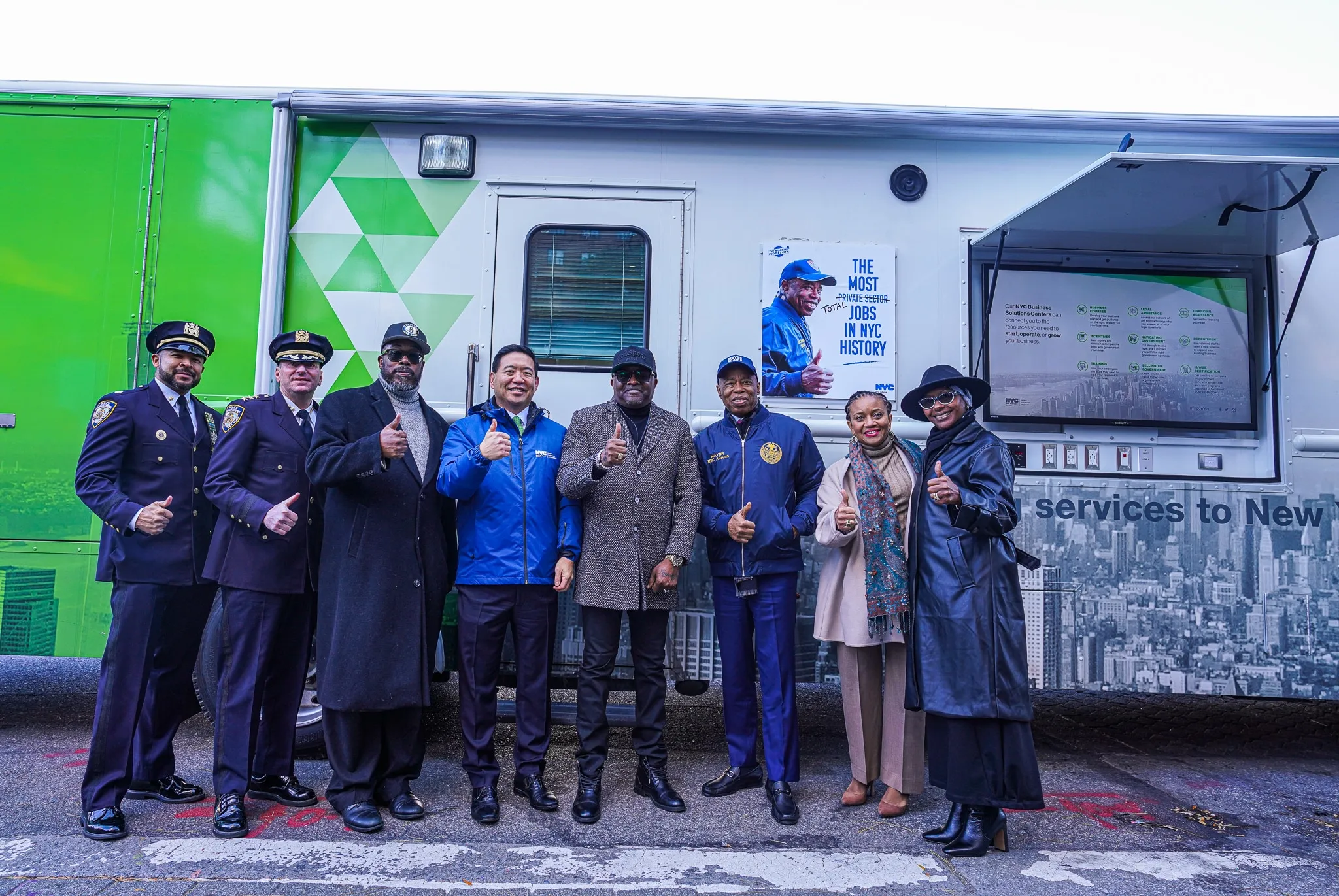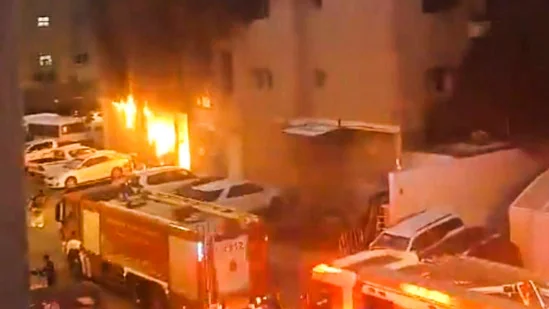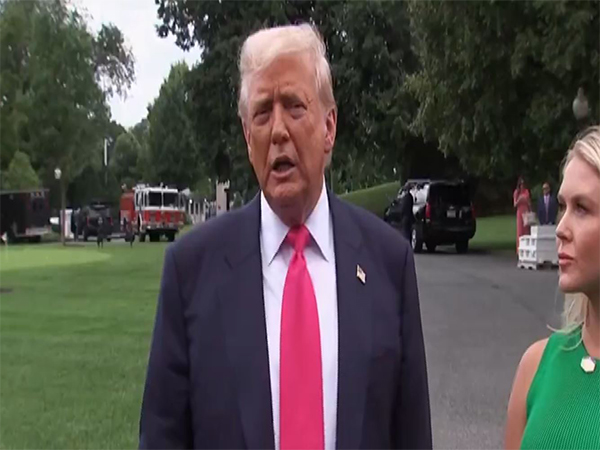India recently suspended visa operations to Canada and called for a reduction in Canadian diplomats in India, calling for ‘parity’, owing to the ongoing diplomatic row
Our Bureau
Ottawa/New Delhi
In an largely symbolic gesture, Canada Senate Speaker Raymonde Gagne skipped the 9th G20 Parliamentary Speakers’ Summit (P20) and Parliamentary Forum that got underway in New Delhi last week. Canada is a prominent member of the G20 and its Prime Minister, Justin Trudeau, had attended the G20 Leaders summit in Delhi in September.
Canadian Senate Speaker Raymonde Gagne’s decision to skip the G20 Parliamentary Speakers’ Summit (P20) in New Delhi from 12-14 October was the latest development in the ongoing diplomatic spat between India and Canada. Neither the Canadian Senate Speaker nor any dignitary from the G20 member country was named in the programme list of the inaugural day of the P20 Summit on Friday.
Ministry of External Affairs (MEA), however, has clarified earlier that all G20 members were extended invitations. Prime Minister Narendra Modi inaugurated the P20 Summit on October 12 with an address to dignitaries of participant countries.
On Thursday, in another sign that India-Canada relations are going down the hill, Canada Foreign Minister Melanie Joly announced that Canada has removed 41 diplomats and their 42 family members, from India over the ongoing row between the two countries. “As of now, I can confirm that India has formally conveyed its plan to unethically remove diplomatic immunities for all but 21 Canadian diplomats and dependents in Delhi by tomorrow, October 20. This means 41 Canadian diplomats and their 42 dependents were in danger of having immunity stripped on an arbitrary date. And this would put their personal safety at risk,” Joly said, as she confirmed the departure of Canadian diplomats.
This comes after India suspended visa operations to Canada and called for a reduction in Canadian diplomats in India, calling for ‘parity’, owing to the ongoing diplomatic row between the two nations.
Canadian Foreign Minister said, “…we have facilitated their safe departure from India. This means that our diplomats and their families have now left diplomatic immunities. Keep diplomats safe, no matter where they’re from and where they’re sent to. Immunities allow diplomats to do their work without fear of reprisal or arrests from the country they’re in.”
The crisis began when Canadian Prime Minister Justin Trudeau recently alleged that the Indian government was behind the fatal shooting of Nijjar. Trudeau, during a debate in the Canadian Parliament, claimed his country’s national security officials had reasons to believe that “agents of the Indian government” carried out the killing of the Canadian citizen, who also served as the president of Surrey’s Guru Nanak Sikh Gurdwara.
However, India has outrightly rejected the claims, calling it ‘absurd’ and ‘motivated’. Notably, Canada has yet to provide any public evidence to support the claim about the killing of Hardeep Singh Nijjar, who was a designated terrorist in India, was gunned down outside a Gurdwara, in a parking area in Canada’s Surrey, British Columbia on June 18.
Meanwhile, along with Immigration, Refugees and Citizenship Minister Marc Miller, the foreign minister made the announcement about the development “on the situation with India” and how it will affect the level of service delivery Canada can offer following the withdrawal of diplomats.
She said, “There’s no question that India’s decision will impact the levels of services to citizens in both countries. Unfortunately, we have to put a pause on all in-person services in our consulates in Chandigarh, Mumbai and in Bangalore.”
“Canadians who need consular assistance can still visit our High Commission in Delhi. And you can still also do that in person by phone and by email,” she added.
Stating that India’s focus is achieving ‘parity’ in terms of diplomatic presence, the Ministry of External Affairs had called for a reduction in Canadian diplomats in India citing their continued “interference” in New Delhi’s “internal matters”.
Addressing the press briefing earlier, MEA spokesperson Arindam Bagchi said, “Given the much higher presence of diplomats or diplomatic presence here…and their continued interference in our internal matters, we have sought parity in our respective diplomatic presence. Discussions are ongoing on the modalities of achieving this”.
On being asked if the reduction in the number of Canadian diplomats could see a
He further added that India’s primary focus is on two things; having an atmosphere in Canada, where Indian diplomats can work properly and in achieving parity in terms of diplomatic strength.
















